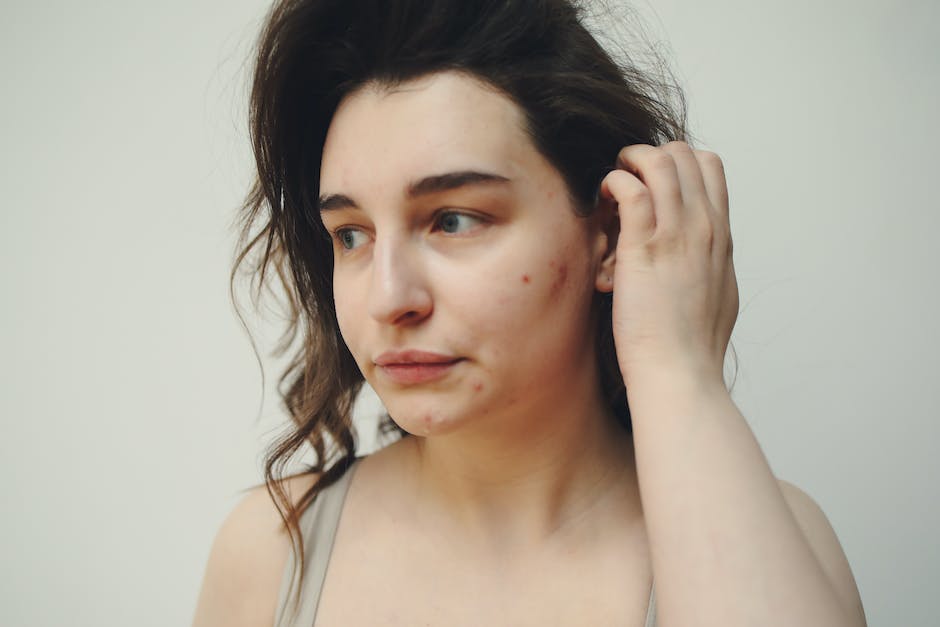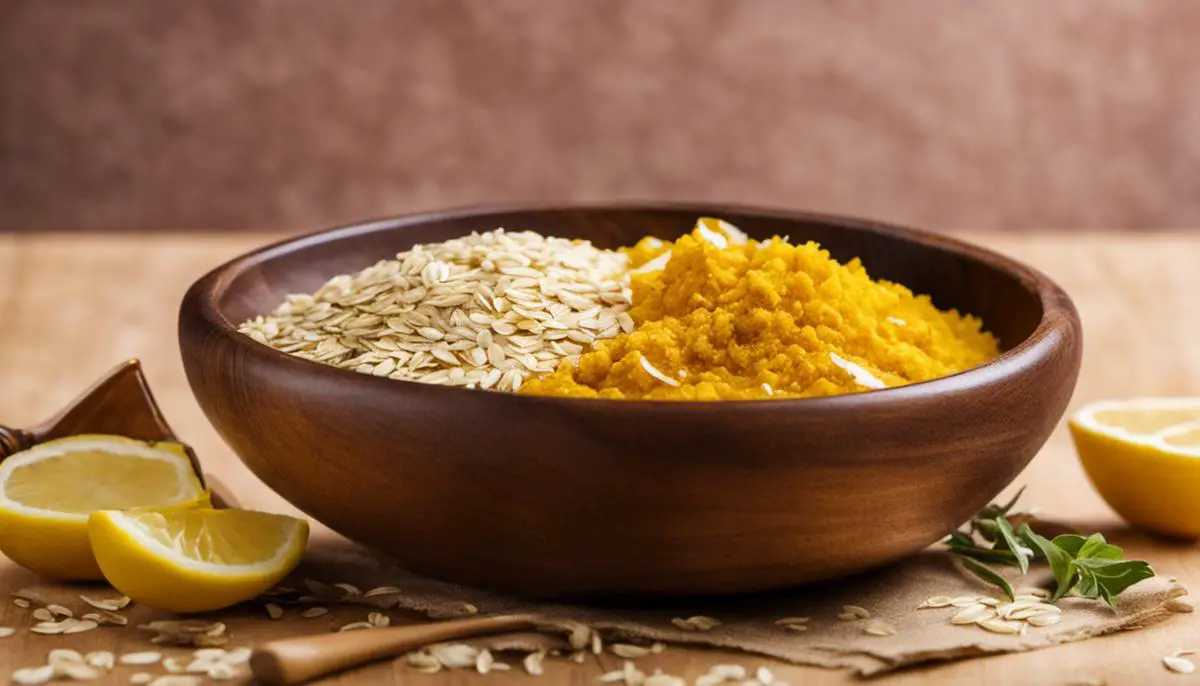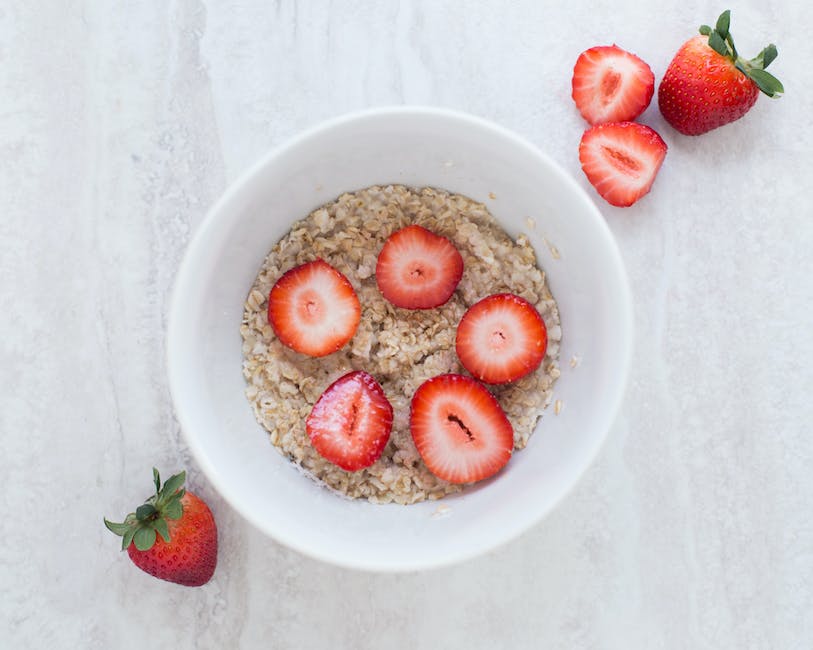Acne, a common skin ailment, impacts individuals of all age groups by causing inflamed and infected sebaceous glands in the skin. With a myriad of potential triggers ranging from hormonal changes to improper hygiene practices, understanding acne proves to be an essential step in combating it. This understanding illuminates why certain ingredients, specifically natural ones known for their skin-beneficial properties, are fundamental in homemade acne scrubs. Ingredients like honey, tea tree oil, and oatmeal, all bearer of healing properties, can substantially alter the state of acne-prone skin when used correctly. Furthermore, learning how to prepare and apply these homemade concoctions opens doors to achieving clearer, healthier skin in the comfort of your own home.
Understanding Acne
Understanding Acne: Skin’s Ultimate Foe
Acne is a common skin condition that primarily affects teenagers, but can affect individuals at any age. Essentially, acne is caused by the skin’s oil glands producing too much oil or sebum, which then clogs the pores. The clogging of these pores leads to the formation of pimples, blackheads, whiteheads, or deeper lumps such as nodules and cysts.
When the clogged pores are exposed to air, they can oxidize and turn black, resulting in blackheads. On the other hand, when the clogged pores are not exposed to air and are covered by a thin layer of skin, they appear white or yellowish, resulting in whiteheads.
The Culprits behind Acne Development
There are multiple factors that can lead to the underlying cause of acne. One primary factor is hormonal changes – particularly during puberty, when the body starts to produce more androgens. These androgens stimulate the oil glands in the skin, causing them to enlarge and produce more sebum.
Other factors may include fluctuating hormone levels around the menstrual cycle, the use of oil-based cosmetics, and high levels of stress. Certain medications and health conditions can also cause acne. In addition, genetics may play a role; if your parents had acne, you’re likely to develop it, too.
Impact of Acne on the Skin
The impact of acne on the skin can be multifaceted. In the short-term, it can cause pain and discomfort, especially in the case of inflamed or cystic acne. It can also make the skin appear red and inflamed. In the long-term, if not managed properly, acne can lead to scarring. This can be either atrophic (depressed) or hypertrophic (raised) scars.
Besides physical impacts, acne can also have psychological impacts, such as lowered self-esteem or anxiety, due to concerns about one’s appearance.
Aggravators of Acne
Several external factors can potentially aggravate acne or make it worse. These include a diet high in refined sugars or carbohydrates, picking or squeezing pimples, friction from sports equipment or tight clothing, pollutants and high humidity, and harsh skincare products that dry out the skin.
Understanding these aggravators is crucial, as they inform skincare choices, including the selection of ingredients for a homemade acne scrub. Knowing what exacerbates acne helps in choosing ingredients that counteract these effects. For example, using soothing and non-comedogenic ingredients can help calm inflamed skin and avoid further pore-clogging, respectively.

Ingredients and their Properties
Beneficial Natural Ingredients for Acne-Prone Skin
Research indicates that certain natural ingredients can play a significant role in treating acne-prone skin when applied topically. Some such ingredients include honey, oatmeal, tea tree oil, among others.
Honey – A Natural Antibacterial Ingredient
One of the widely-known natural ingredients beneficial for acne-prone skin is honey. Honey has excellent antibacterial properties, assisting in eliminating the bacteria causing acne. Additionally, it is hydrating and helps in speeding up your skin’s healing process. Consequently, using a honey mask or simply applying a small amount of honey directly on breakouts can help treat acne.
Oatmeal – Balancing Oil Production
Oatmeal is another natural ingredient that can help combat acne. It works by absorbing excess oils on the skin, preventing these oils from clogging the pores and causing breakouts. It also helps cleanse your skin-pores and exfoliates your skin to remove dead skin cells accumulated on your skin’s surface. To use oatmeal for acne, you can cook it, let it cool, and then apply it directly to your face.
Benefits of Tea Tree Oil
Tea tree oil, obtained from the leaves of Melaleuca alternifolia, a plant native to Australia, is well-known for its powerful antiseptic properties and ability to treat wounds, which makes it an excellent treatment for acne. It can penetrate deep into the skin and dry out acne, blackheads, and whiteheads. It’s also excellent for reducing the inflammation and redness associated with acne. To use tea tree oil, you can mix a few drops with a carrier oil like jojoba or coconut oil and apply it to your skin.
Turmeric – Powerful Anti-Inflammatory and Antioxidant Properties
Another natural ingredient with potent anti-inflammatory and antioxidant properties is turmeric. Studies have shown that curcumin, an active compound in turmeric, can help fight acne-causing inflammation and prevent the excessive oil production. It can be mixed with honey or yogurt to create a face mask.
Lemon – A Source of Vitamin C
Lemons are packed with vitamin C, which is a potent antioxidant and helps rejuvenate the skin. Lemon juice acts as an astringent, reducing oil on the skin and inflammation. However, it’s essential to use lemon correctly as its acidity can irritate or dry out the skin, so it’s best to use it mixed with other ingredients.
Research and understanding of natural ingredients can not only help combat acne but also prevent it from reoccurring. These natural ingredients can be an alternative for those who do not wish to use chemical acne treatments and are generally gentle on the skin. However, it’s essential to remember that everyone’s skin is different, and what works for one person may not work for another.

Preparation and Application
Understanding the Ingredients:
There are a plethora of ingredients you could use to make a homemade scrub for acne. Some commonly used ingredients include sugar, honey, tea tree oil, and coconut oil. Sugar acts as a natural exfoliator which helps to remove dead skin cells that clog pores. Honey has antibacterial properties which can assist in reducing acne breakouts, and tea tree oil has similar properties. Coconut oil, on the other hand, is a natural moisturizer with antibacterial properties, soothing skin and reducing inflammation.
Procuring the Right Proportions:
For an effective homemade acne scrub, the proportions of ingredients you use are key. A standard recipe would be a mixture of 1 tablespoon of coconut oil, 2 tablespoons of honey, 2 tablespoons of sugar, and 4-6 drops of tea tree oil. However, you can tweak these proportions based on the sensitivity of your skin and the severity of your acne.
Mixing the Ingredients:
To prepare your homemade acne scrub, start by melting the coconut oil until it reaches a liquid consistency. Next, add the honey into the melted coconut oil and stir until they mix well. Follow this with the sugar, making sure to add it slowly, and stirring all the while, to maintain a good consistency. The final ingredient to be added is the tea tree oil. Incorporate it into your mixture and stir until you have a uniform paste.
Applying the Scrub:
Proper application of the scrub can make a significant difference to your acne treatment. Begin by washing your face with warm water to open up the pores. Then, pat your skin to remove excess moisture, but leave it slightly damp. Using your fingers, apply the scrub gently, using circular motions, focusing on acne-prone areas. Never apply too much pressure as this can irritate your skin. Leave it on for 5-10 minutes, allowing the ingredients to soak into your skin. Finish by rinsing off thoroughly with water and patting your skin dry.
Following a Regular Routine:
Incorporating this homemade acne scrub into your regular skincare routine is key to achieving the best results. Use it once or twice a week, depending on your acne situation and skin sensitivity. Consistent use over time should result in gradual improvements to your skin condition. Take note of any changes and adjust your usage of the scrub accordingly.
Overall, the most important thing is taking care of your skin and its needs by adjusting the homemade scrub’s ingredients and frequency. If you keep up with it and pay attention to your skin’s response, you should see improvements.

The path towards healthier skin isn’t always paved with harsh chemicals or expensive skin treatments; oftentimes, relief can be found within your kitchen cabinets. With a proper understanding of acne, acquisition of knowledge about beneficial natural ingredients, and mastering the art of preparation and application, homemade scrubs can serve as a healing and soothing agent for acne-infected skin. As you implement these insights into your skincare routine, remember that consistency is key. Patience, coupled with an understanding of your skin, can help lead you to the fresh-faced results you yearn for. So, explore, experiment, and cherish the journey towards clear skin with the help of natural, homemade scrubs.

Leave a Reply